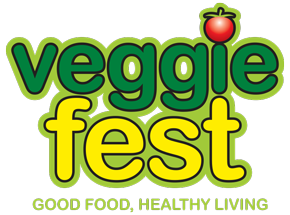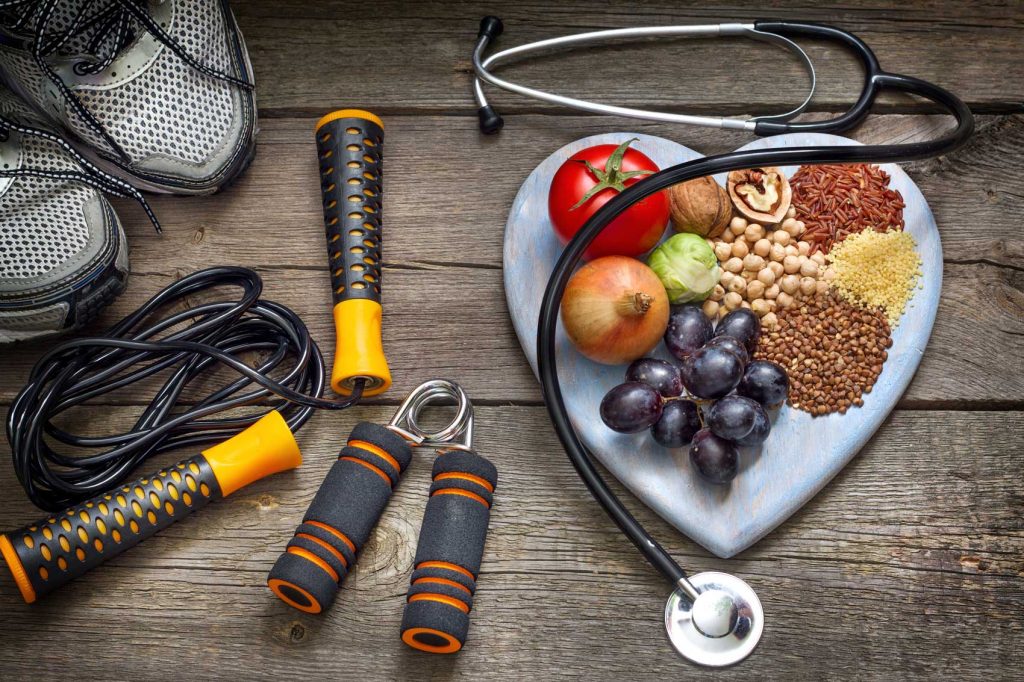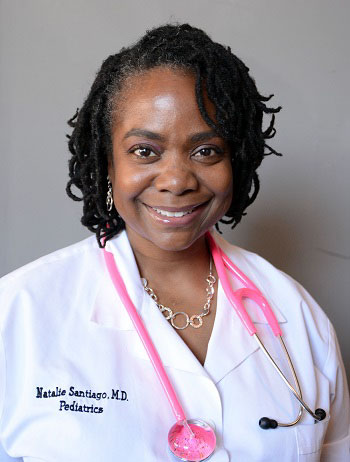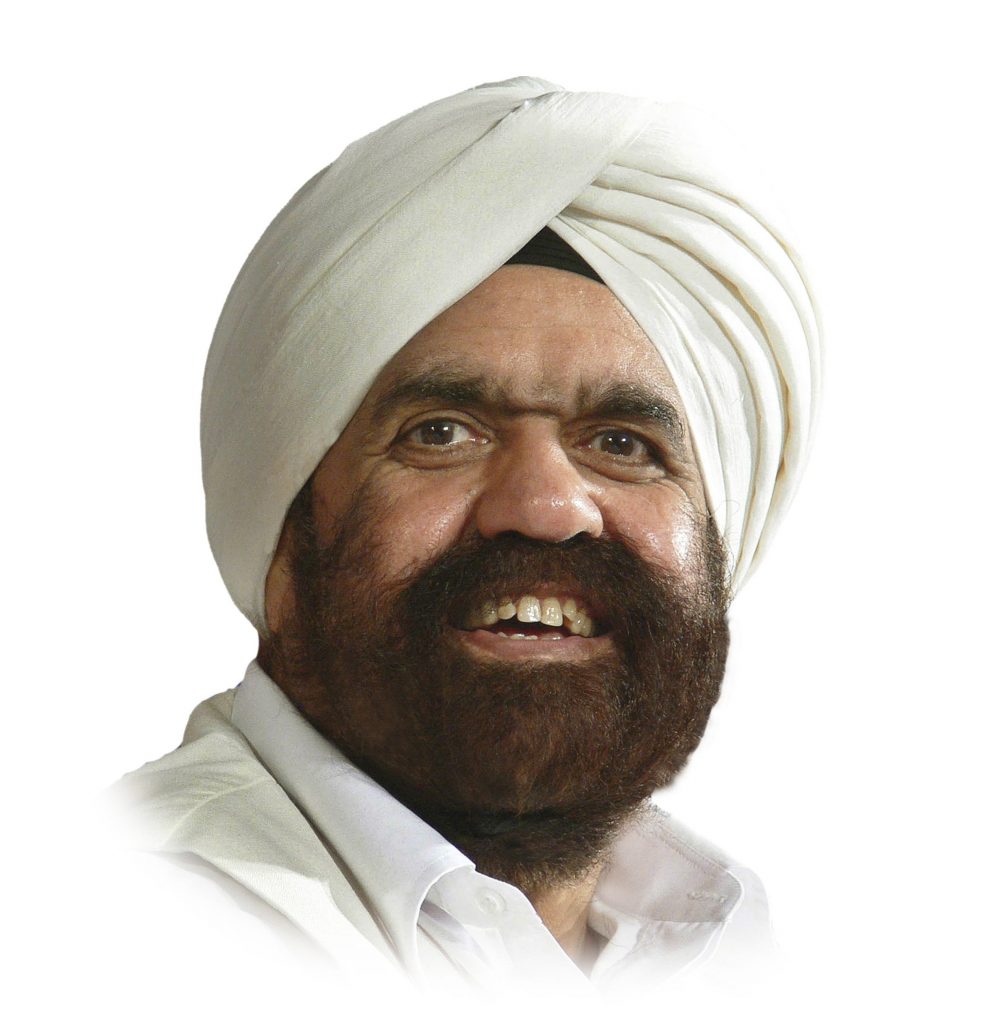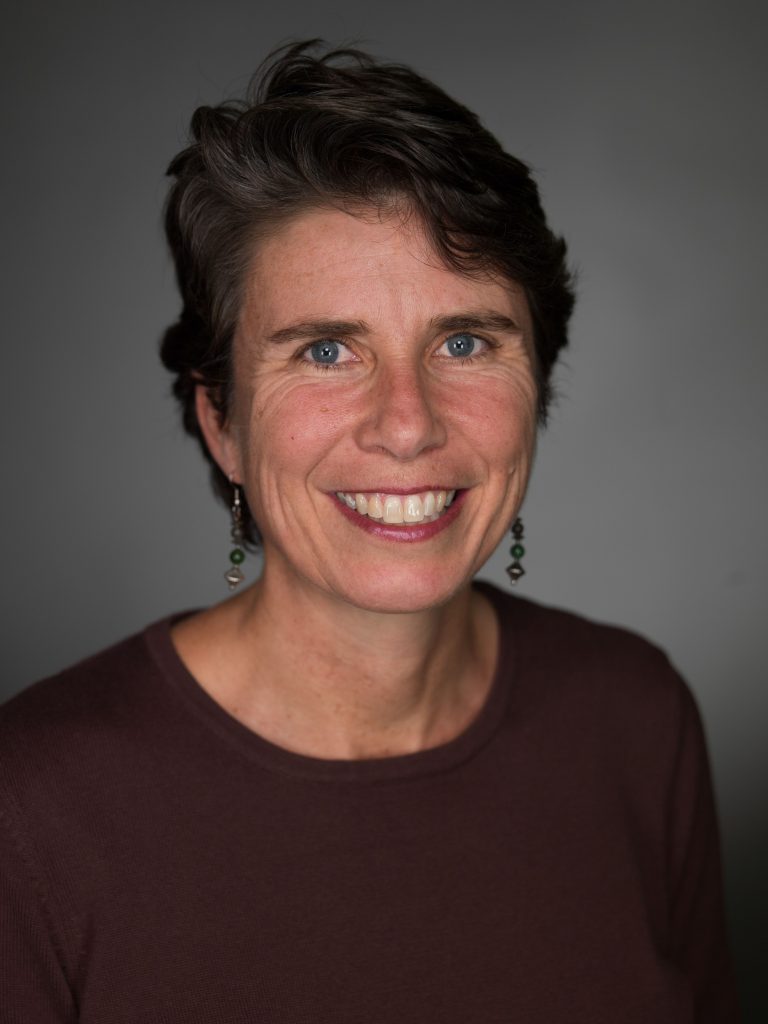Everywhere you look, the news is blaring about the enormous impact of Covid 19, a new virus spreading throughout the globe. The whole world seems to have been brought to its knees by a virus. What exactly is a virus and how does it work? One dictionary definition explains that a virus is an ultramicroscopic infectious agent usually regarded as nonliving, although it has DNA and RNA, and is capable of growth and multiplication but only in living cells.
Due to this new ultramicroscopic agent, we now have national and state mandates to maintain social distance of at least 6 feet from one another, and we are asked to remain at home as much as possible. Non-essential services have closed down on a massive scale. Airlines have all but ground to a halt. Shopping malls are ghost-towns, and millions are out of work or furloughed. Grocery stores open to a surge of worried people wearing face masks and gloves, snatching up hand sanitizers, disinfectant wipes, gloves, bread, protein and toilet paper.
For some, this is not so harsh an imposition; for others, it is nearly intolerable. Many of the elderly living in skilled nursing and assisted living facilities have had lockdowns imposed. Consequently, human contact with friends and family has been cut off.
So, we are isolated, and in that isolation there may be pain—physical, emotional, and spiritual pain. Why here, why now? Simple. We now have time to contemplate our lives. We have less distractions: we are not working, or now we are working or studying at home. We are not commuting, going out to restaurants, or meeting friends at the mall. We’re not driving our kids from one extracurricular activity to another. We have more time to ourselves than we have had in a long, long time, so we are now able to feel our pain. As Mr. Rogers has famously said, “There is no normal life that is free of pain. It’s the very wrestling with our problems that can be the impetus for our growth.”
In medicine, when a doctor sees a patient for the first time, he or she conducts a history and physical exam. The history of present illness is the story of how the condition started: What were the circumstances, what were the triggers, what did the person do, where did the patient go to get help, etc. In the present situation, if we find ourselves in pain during this forced isolation, we need to take stock and look at the reasons for our pain.
In the case of physical pain, we can ask ourselves if we have neglected our bodies by not giving ourselves enough rest or not eating the right food? Do we have unhealthy habits like smoking or drinking too much alcohol? Have we taken the time to do stretches or exercises? Now that we have slowed down, is our body screaming to us that we have neglected it?
Regarding emotional pain, we can ask ourselves: have we given enough time to our relationships, or have we allowed misunderstandings to cut us off from our friends and family? Perhaps this is a time to implement “forgiving and forgetting.” Then, we will be able to heal our relationships and spend more time with our loved ones, free of the burden of grudges.
Finally, our isolation may lead us to contemplate the deeper aspects of our life: Who are we, why are we here, and is there a purpose to our life—beyond having a good job, making money, buying a house, marrying, having kids, going to great vacation spots, and making sure our children are well-placed in society? Is there more to our lives than that? As we begin to think about our higher purpose and a higher Power, our hearts may pour forth a “cry of the soul,” a plea to help us find peace in a world of turmoil. This, then, is the greatest gift: to go deep within ourselves and seek the answers to the questions in our hearts, answers to the mystery of life. From this angle, our sudden isolation can also lead to prayer and meditation, to techniques that can be performed regardless of whatever our religious or philosophical leanings may be.
As a pain physician, here are my recommendations: For your physical pain, start to do stretches and light exercise like walking, and adding more if you are already an exerciser. For your emotional pain, forgive, forget and re-engage. For your spiritual pain, reach out to the Creator or to the virtue you find most ennobling, and silently let that power into your heart and soul.
We may find more peace, accompanied by quieter streets, cleaner air, and a view of the stars in the sky more glorious than ever.
Meditation can increase your physical, emotional, and mental health. Visit our Jumpstart to Meditation page for seven days of inspirational tips, meditation instructions, and support.
